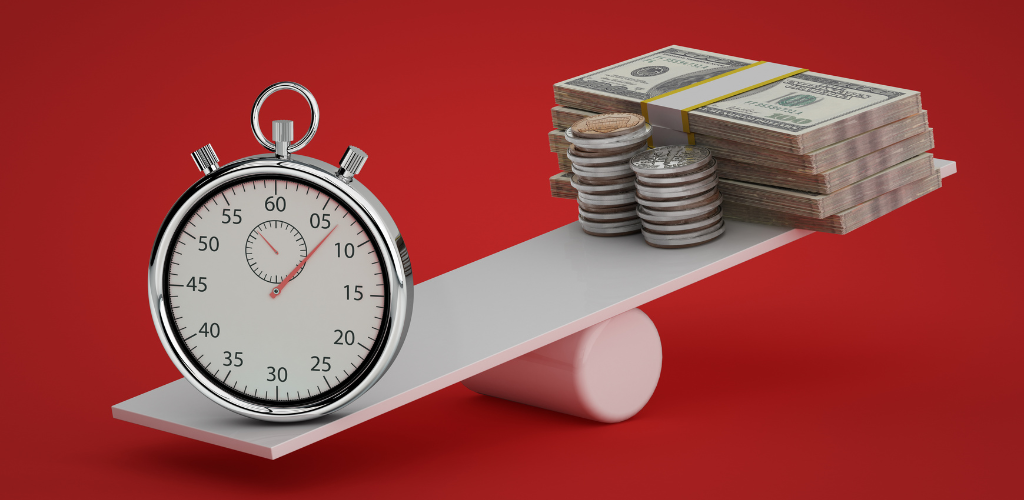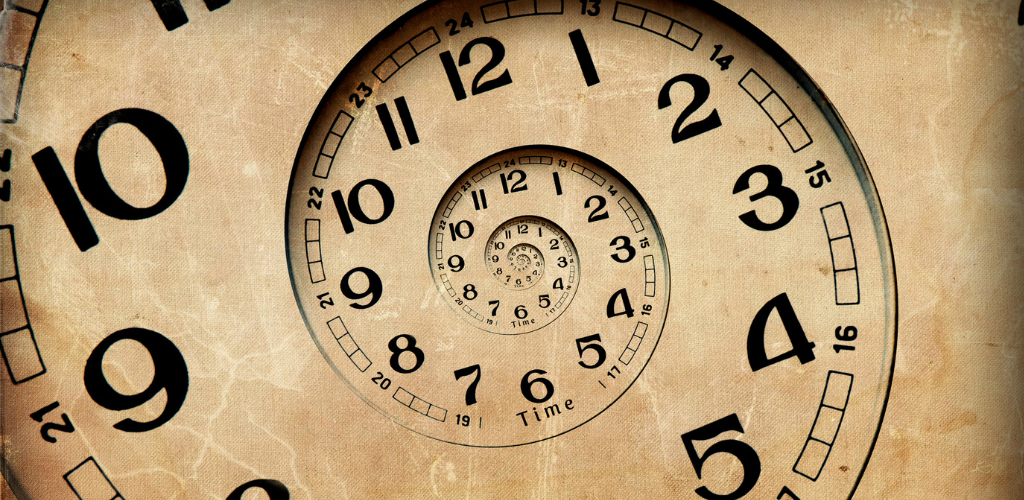For those hoping to not only live within their means, but get ahead, you will have no doubt been introduced to the boogeyman: Lifestyle creep! (Spoiler alert, it’s not the bad guy we should be focused on — we should use warrior like tenacity to develop a sustainable spending system instead.)
What “The Creep” is All About
Lifestyle creep is basically the tendency for personal spending to increase over time. The aptly named villain creeps into our well laid plans and then reeks havoc. It is blamed for budget blowups, unmet goals, and failures of all kinds.
Sometimes, people in the personal finance world are judgmental when they see budget-busting changes in someone’s spending. They turn up their nose upon hearing of someone buying a new car, or hiring a yard maintenance company. “You know, you really gotta watch that lifestyle creeeeeeeep,” they will say.
It’s true — like financial engineers we have to carefully plan how to harness and use our monetary resources. But, for those just getting started, thinking that you can establish a strict budget and avoid lifestyle creep for good, are setting themselves up for failure.
I say this as someone with over a decade of experience making financial mistakes! Initially, I spent tons of time creating budgets, making resolutions. Nothing ever seemed to go as planned, and I blamed “the creep” from time to time, myself.
What I learned — the road to financial wellness is never a straight one. Some lifestyle creep is inevitable, and budgets are going to be broken.
Why We Won’t Ever Stop Lifestyle Creep

It just happens, its natural — you’re going to need to spend money on things that in the past you wouldn’t have. In general, you’re going to evolve, and your spending is going to change.
Ramen noodles aren’t good for your high blood pressure, and those budget-friendly hostel stays start losing their charm. Suddenly, you find yourself eyeing expensive orthopedic friendly shoes instead of the bargain-bin flip flops. Your energy level isn’t up to mowing the lawn and the odds of breaking down in a beater car just aren’t acceptable anymore.
Budgets are Bound to be Busted
Over the years, I’ve noticed that people just starting out on a journey to improve finances, often jump in with resolve to stick to a very strict budget. I know I did!
Anxious to get to my goal, I aggressively saved for a little while. Gleefully, I put my goal savings amount into a compounding calculator, and thought I had a straight line to success all mapped out.
But life doesn’t happen that way. It can take years, decades, a life time of work to reach some financial goals. It’s impossible to maintain strict discipline, endure long-term deprivation, for something so abstract as numbers in a bank account.
Over the long-haul, budgets are bound to blow up. With only far off, abstract goals, this can lead us to giving-up. Obviously, that’s no good. We need something more than a budget and discipline to get through the day to day grind of becoming financial champions.
If “lifestyle creep” is inevitable, and budgeting-discipline is bound to fail, what is worth struggling with in order to achieve long-term financial goals?
The battle truly deserving of our warrior-like tenacity is diving deep inside to understand our values and then allocate resources accordingly.
Know Your Values
Getting clear on your values is the best way to create a sustainable spending system, and is deep work that goes far beyond budgeting.
The meaning of values here is two fold. First, it means what is actually important, fulfilling and meaningful in your life. The other value, is the equation of how much time, energy and effort you spend to acquire each dollar.
Instead of struggling with a budget, careful to never allow spending to creep, the goal should be to use your time and money in harmony so that it becomes a way of life.
Your Money or Your Life
The seminal book from Vicki Robin and Joe Dominguez lays out the real struggle: it’s Your Money or Your LIfe! The book changed me for the better, and if I had the power, I would make it mandatory reading for all humanity.
But in the meantime, I’ll do my best at a quick summary of one important part of the book: how to determine your equation of money vs time.

First, you take all the things that you must do, buy, time you spend, to earn a dollar. You may think, that’s easy, I get paid $30 an hour at work — done! But what clothes do you buy, convenience meals do you pick up, happy hour cocktails do you need, directly related to your work?
How much time do you spend commuting, shopping for those clothes, going to get your hair and nails done, to fit in at the office? How many Sunday night’s do you spend dreading the upcoming week? And that’s all in addition to the time and energy actually spent at work!
You see how it goes — ends up you spend a lot more time, and net a lot less money than what you first thought. Just figuring out this number, according to Robin and Dominguez, tends to make people spend less. I am anecdotal evidence of this fact, as I credit doing this calculation for making positive changes in my spending.
Seeing how much time, energy and effort you exert for the money that ends up in your bank account makes you really appreciate those dollars.
Your Most Valuable Resource
So now that you’ve figured out the money portion of the Your Money or Your Life equation, its time to focus on the life side of things. Although most of us like to avoid thinking about it, truth is, we all know that our time and energy are inherently limited resources. And to make things worse, we frustratingly don’t know the limit to our life.
We could have 15 more years of life, we could have 30 — or we could have one. During these years, we could be healthy and full of energy — or not.
Each hour suddenly becomes much more precious when you focus on this fact.
Flexible Spending System to Last a Lifetime
So now you have to decide what you are willing to exchange one hour of your limited life for? If you’ve exchanged it for dollars, those dollars now represent hours of your life, as well. So, what are they worth?

Am I going to spend it on something that’s going to make me feel good for a moment, or am I going to exchange it for a lasting memory, time spent with loved ones, the freedom to do something more meaningful than commuting to a job?
You see, you no longer need to look to a budget to tell you where to limit your spending, your values will naturally tell you. Conversely, they will also tell you when its okay to spend more. You just need to keep that “money or life” calculation in the front of your mind, and regulating your spending becomes much easier and more sustainable.
Is the latest smartphone worth a month of my life? Or, am I just feeling stressed about work and I’m looking for a distraction from this fact? Should I go out with friends even though I’m a bit extended this month?
Only you will have the answer. But, if you have done the work of knowing your values, the decisions will seem like zero regret, no-brainers. When working smoothly, you will spend your money, guilt free, knowing it was exactly in line with what is most important to you.
By consciously directing your resources toward what truly matters to you, each expenditure becomes an investment in your current well-being and fulfillment. This shift in perspective fosters a sustainable and enjoyable lifestyle, promoting satisfaction in the present rather than relying solely on deferred gratification for the future.
Just the Beginning
Of course, there is a lot of hard work that goes into getting clear on your values. And it’s not a one time task. Then, we have to actually create the habits and processes that will keep the “money or life” decision making rubric in the front of our mind. It’s a lifelong struggle of self-reflection and habituating positive decision making behaviors.

But hopefully, now you will be fighting the right battle, instead of wasting time creating arbitrary budgets and feeling bad about lifestyle creep.
So, are you clear on your values and how to spend your life? Comment below, let’s talk about it!
Live a Life You Love
Tired of feeling stuck? Let’s create your escape plan – schedule your free session today.


Leave a Reply